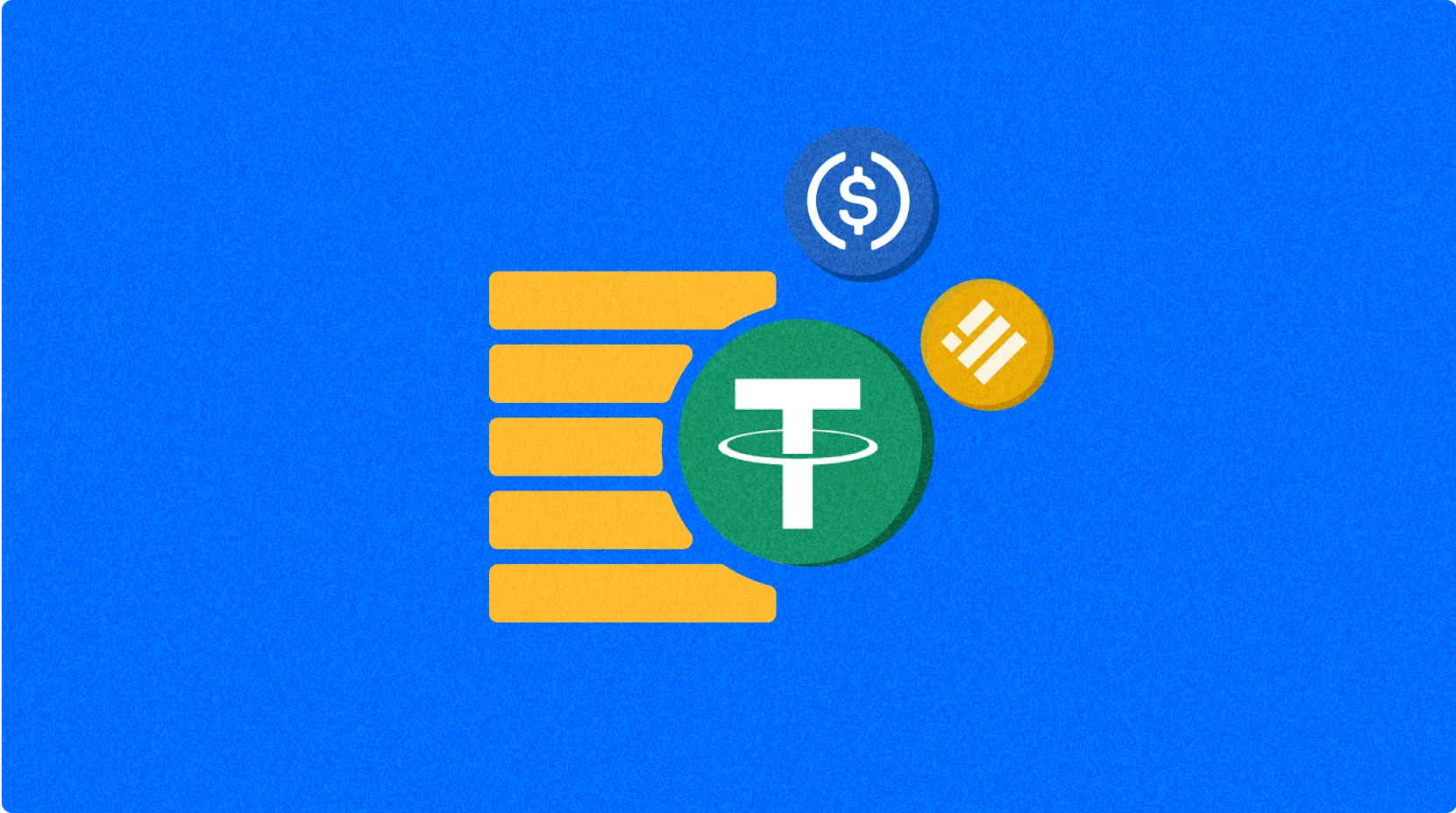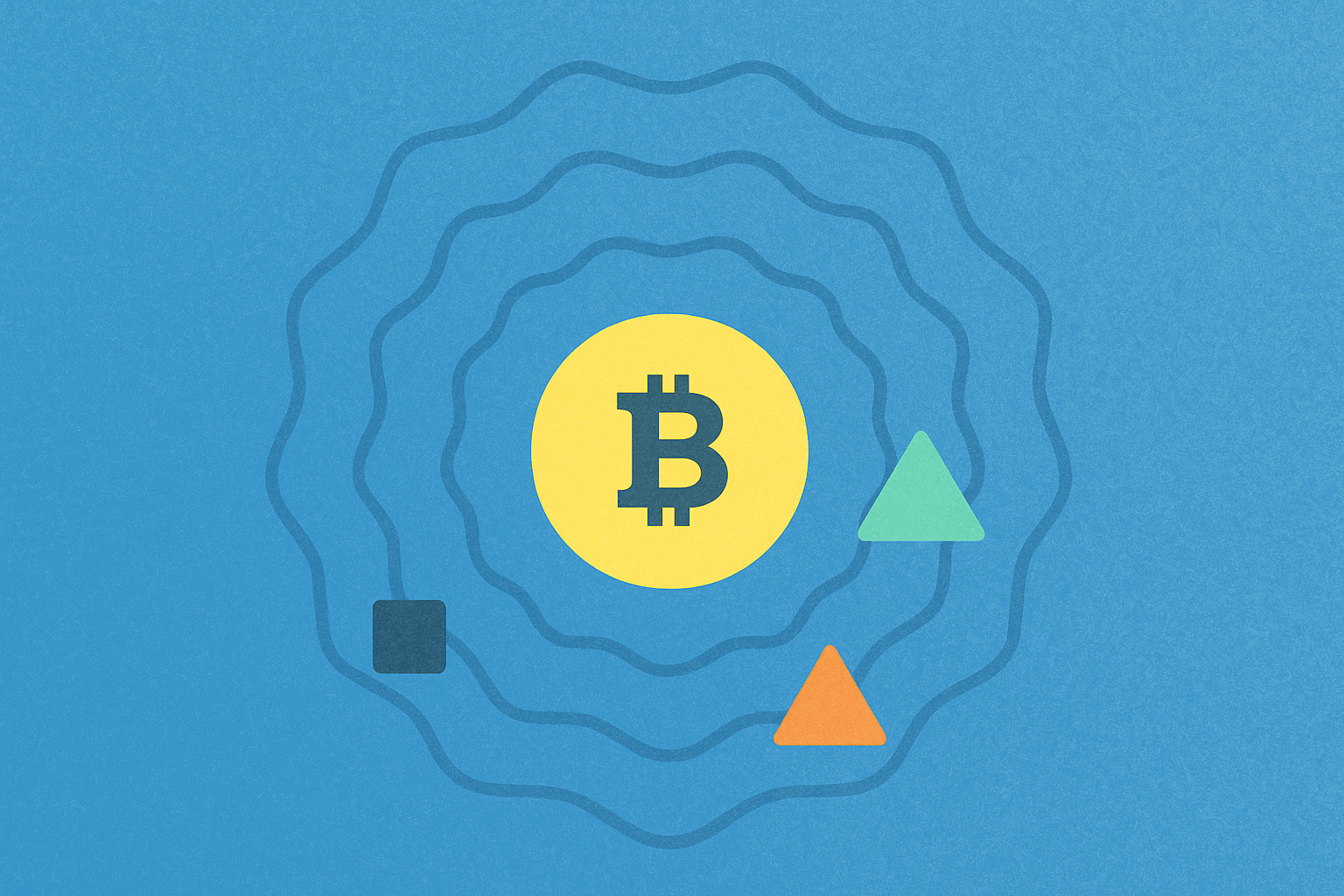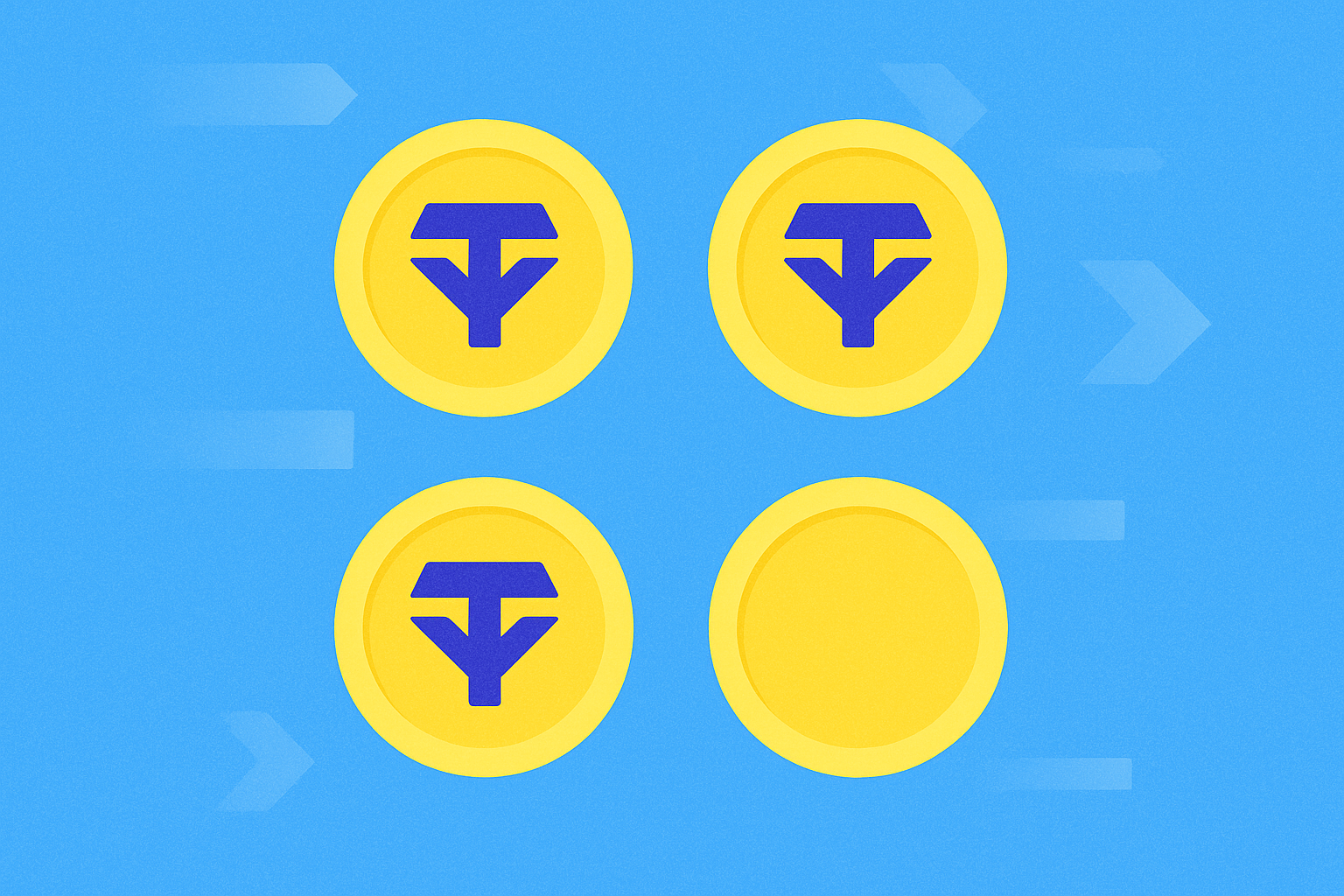2025'te Rekabet Analizi Kripto Para Pazar Payının Oluşumunda Nasıl Rol Oynar?


2025’te En Büyük Kripto Borsalarının Karşılaştırmalı Analizi: Performans, Piyasa Değeri ve Kullanıcı Tabanı
2025 yılı kripto para borsa sektörü, liderlerin küresel işlem hacminin büyük kısmını elinde bulundurduğu yoğunlaşmış bir piyasa tablosu ortaya koyuyor. En iyi borsalara ilişkin analizimiz, temel göstergeler arasında belirgin eğilimler sergiliyor:
| Metik | Piyasa Lideri | Sektör İçgörüleri |
|---|---|---|
| Piyasa Payı | %39,8 (lider borsa) | İlk 10 borsa toplam hacmin %55’inden fazlasını kontrol ediyor |
| Kullanıcı Tabanı | 220 milyon kullanıcı | Toplamda yaklaşık 588 milyon kullanıcı |
| Piyasa Büyüklüğü | $71,35 milyar | Kuzey Amerika, gelirin %40’ını oluşturuyor |
| Günlük Hacim | $500 milyon (LUNC) | Spot işlemler, piyasanın %58,86’sını temsil ediyor |
Performans göstergeleri, bir borsanın piyasa hâkimiyetinde önde olmasına rağmen; diğerlerinin staking seçenekleri, güvenlik uygulamaları ve komisyon yapısı gibi alanlarda farklılaştığını gösteriyor. Kullanıcıların, güvenlik konusunda kanıtlanmış geçmişe sahip köklü platformlara yönelmesiyle borsalar arasındaki piyasa değeri farkı büyümeye devam ediyor.
Kullanıcı demografisinde, daha önce yeterince temsil edilmeyen bölgelerde benimseme oranı yükseliyor; LUNC gibi tokenlara ait aktif adresler 2025’te %150 artış kaydetti. Bu genişleme, gelişmekte olan pazarlardaki borsa büyümesiyle doğrudan bağlantılı. Terra Luna Classic’in işlem trendleri, borsa likiditesinin token performansını doğrudan etkilediğini gösteriyor; fiyatı, piyasa dalgalanmalarına rağmen $0,00004545 seviyesinde sabit kaldı.
Benzersiz Satış Vaatleri: Lider Borsalar Rekabetçi Piyasada Nasıl Ayrışıyor?
Günümüz rekabetçi kripto para piyasasında borsalar, LUNC yatırımcılarını çekmek için özgün stratejiler uyguluyor. Lider platformlar beş temel unsurda öne çıkıyor: rekabetçi komisyon yapısı, güçlü likidite derinliği, yenilikçi kullanıcı teşvikleri, güvenli altyapı ve bölgesel mevzuata uyum.
| Özellik | Lider Borsa Stratejisi | Sektöre Etkisi |
|---|---|---|
| Komisyon Yapısı | Düşük işlem ücretleri (%0,1-0,2) | Büyük hacimli yatırımcıyı çekiyor |
| Likidite | LUNC çiftlerinde >$100 milyon derinlik | Kayıp azaltıyor, işlem kalitesini yükseltiyor |
| Kullanıcı Teşvikleri | Yüksek volatiliteye sahip projeler için IDO platformları | Bazı listelemelerde üç haneli getiri sağlandı |
| Güvenlik | İleri düzey saklama dışı çözümler | 3.000’den fazla varlık milyonlarca çiftte destekleniyor |
| Bölgesel Uyum | Her bölgede özel teklifler | Düzenli piyasalarda güveni artırıyor |
Piyasa hâkimiyeti, bu stratejilerin başarısını açıkça gösteriyor; lider borsa, tüm LUNC işlem hacminin %39,8’ini elinde tutuyor. Diğer borsalar ise artık basit alım-satım merkezlerinin ötesine geçerek küresel benimsemeye hizmet eden kapsamlı altyapı platformları sunuyor.
2025’te LUNC işlem hacmi için rekabet sürerken, borsalar ölçeklenebilirlik ve güvenlik iyileştirmelerine odaklanıyor ve farklı ülkelerin giderek karmaşıklaşan düzenleyici çerçevelerine uyum sağlıyor.
Piyasa Payı Dinamikleri: 2020’den 2025’e Kripto Borsalarında Hâkimiyet Değişimleri
2020’den 2025’e kripto para borsa sektörü, düzenleyici değişiklikler ve kullanıcı talepleriyle köklü biçimde dönüşüm geçirdi. Büyük borsalar, kurumsal hizmetlerini genişletirken uyumluluk gerekliliklerini karşılamak üzere stratejik konsolidasyonlar yaptı. Bu eğilim, LUNC’ın piyasa performansında net şekilde görülüyor:
| Yıl | Aktif Adres Büyümesi | Günlük İşlem Hacmi | En Büyük Sahip Yoğunlaşması |
|---|---|---|---|
| 2020 | Başlangıç düzeyi | $100 milyonun altında | Merkezileşme yüksek |
| 2025 | %150 artış | $500 milyon | Belirgin şekilde azaldı |
Kullanıcı odaklı yenilikler, borsaların gelişmiş yapay zekâ işlem araçları ve üst düzey güvenlik özellikleriyle öne çıkmasını sağladı. Örneğin, platformlar sorunsuz fiat girişleri ve yapay zekâ tabanlı danışmanlık ile karmaşıklaşan piyasada yatırımcıları kendine çekti.
AB’nin Kripto Varlık Piyasaları Düzenlemesi (MiCA) gibi düzenlemelerin 2024 sonunda yürürlüğe girmesi, küçük borsalar için operasyonel zorlukları artırdı ve sektör konsolidasyonunu hızlandırdı. Bu düzenleyici baskı, LUNC’ın en büyük sahiplerdeki yoğunlaşmasının azalması ile birlikte mülkiyeti tabana yaydı ve fiyat dalgalanmalarının istikrarını potansiyel olarak artırdı. Piyasa gücünün yeniden dağılması, sektörün olgunlaştığını gösteriyor ve 2025’e kadar köklü kripto varlıklarında daha sürdürülebilir büyüme trendlerine işaret ediyor.
SSS
LUNC coin $1’e ulaşabilir mi?
Mevcut tahminlere göre LUNC coin’in $1’e ulaşması beklenmiyor. Analistler, 2025’te en fazla $0,000304 seviyesini görebileceğini öngörüyor; bu da $1’in oldukça altında bir seviye.
LUNC coin’in geleceği var mı?
LUNC’ın geleceği belirsizliğini koruyor. Durgunluk yaşamasına rağmen, piyasa dinamikleri ve topluluk desteği seyrini etkileyebilir. Ancak mevcut veriler, uzun vadeli potansiyel için kesin tahminler sunmuyor.
Melania Trump’ın coin’inin adı nedir?
Melania Trump’ın coin’inin adı Official Melania Meme (MELANIA)’dır. Eski First Lady ile bağlantılı bir kripto para token’ıdır.
LUNC’ın tüm zamanların en yüksek seviyesi nedir?
LUNC, ana varlığı LUNA’nın çöküşünden önce Nisan 2022’de $119,18 ile zirveye ulaşmıştır.

Gate'in küresel kayıtlı kullanıcı sayısı 30 milyonu aştı: Web3 borsa kullanıcı ölçeği için yeni bir rekor

Rekabet analizi, 2025 yılında kripto para piyasasında konumlandırmayı nasıl şekillendirir?

2025 yılında rekabet analizi, kripto pazar payını nasıl şekillendirir?

Kripto Nasıl Rekabet Ediyor: Pazar Payı ve Performansın Karşılaştırmalı Analizi

Merkezi Platformlarda Güvenli Kripto İşlemleri

Kripto para spot alım satımında uzmanlaşmak: Stratejiler ve analizler

Federal Reserve politikaları ve enflasyon verileri, 2025'te kripto piyasasındaki fiyatlar üzerinde nasıl bir etki yaratır?

2025 yılında zincir üstü metrikler, XAUT Tether Gold balinalarının hareketlerini ve işlem eğilimlerini nasıl gözler önüne seriyor?

Vadeli işlem açık pozisyonları, fonlama oranları ve likidasyon verileri, 2025’te kripto türev piyasasındaki hareketleri nasıl işaret ediyor?







